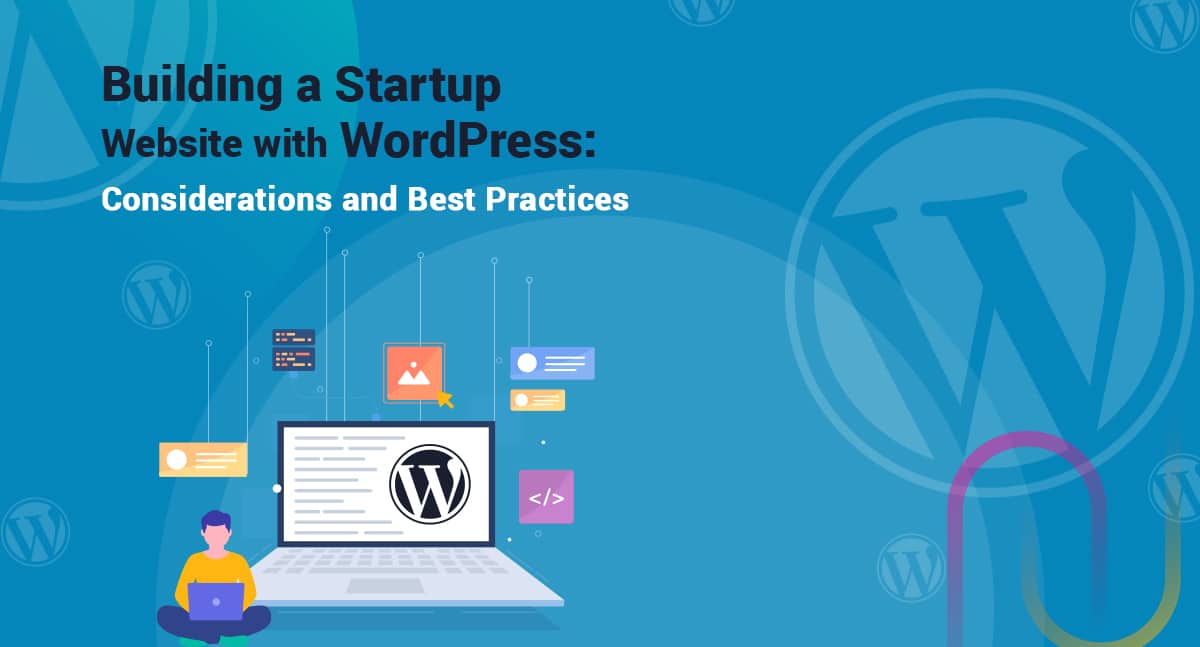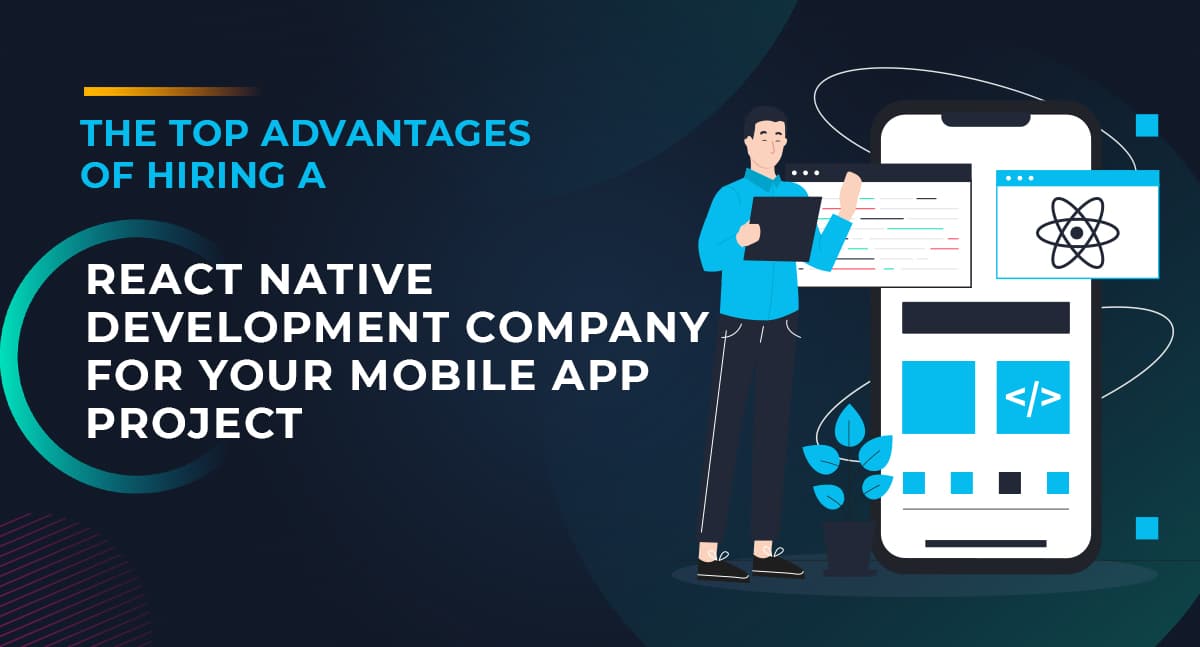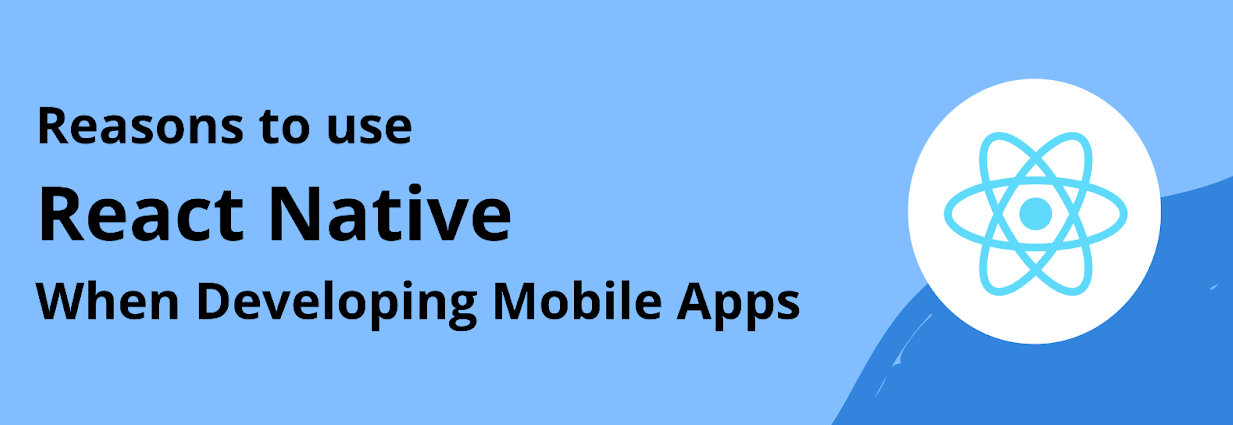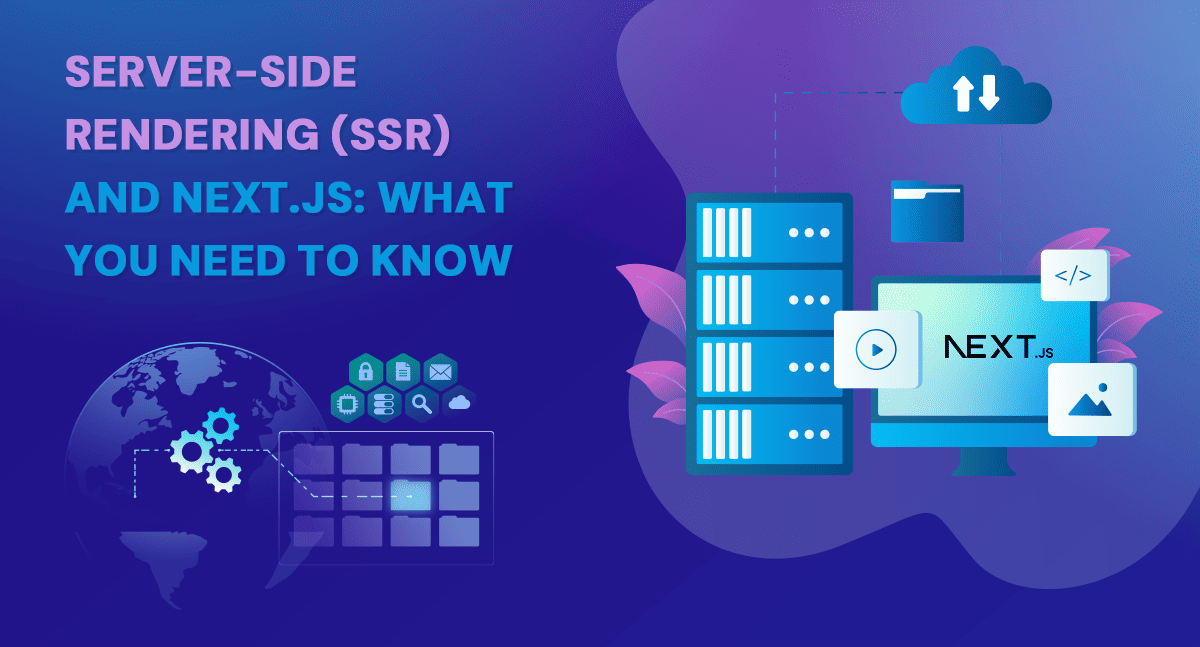
Building a Startup Website with WordPress: Key Considerations and Best Practices
Building a Startup Website with WordPress: Key Considerations and Best Practices In today’s digital era, having a compelling online presence is crucial for the success of any startup. A well-designed and functional website not only helps establish credibility but also serves as a powerful marketing tool. WordPress, the popular content management system, is an excellent… Continue reading Building a Startup Website with WordPress: Key Considerations and Best Practices

The Top Advantages of Hiring a React Native Development Company for Your Mobile App Project
Why React Native is the Perfect Choice for High-Performance Mobile Applications In today’s highly competitive business world, mobile applications have become crucial to any business’s success. A mobile app helps businesses reach their target audience, improves the user experience, promotes brand recognition, and increases customer engagement. Choosing the right technology stack is essential to create… Continue reading The Top Advantages of Hiring a React Native Development Company for Your Mobile App Project

Why React Native is the Perfect Choice for High-Performance Mobile Applications
Why React Native is the Perfect Choice for High-Performance Mobile Applications React Native is a prominent open-source framework for developing mobile apps that have grown in popularity recently. It helps Businesses to construct high-quality mobile apps for the iOS and Android platforms while reducing development time and effort. The framework follows the same basic ideas… Continue reading Why React Native is the Perfect Choice for High-Performance Mobile Applications

Why Laravel is the Preferred Choice for Enterprise Web Applications
Why Laravel is the Preferred Choice for Enterprise Web Applications In the fast-paced world of technology, businesses increasingly rely on web applications to streamline their operations and stay ahead of the competition. Regarding developing robust and scalable enterprise web applications, Laravel has emerged as the preferred choice for developers and businesses. Laravel Development services have… Continue reading Why Laravel is the Preferred Choice for Enterprise Web Applications

Why You Should Have a Business Mobile App to Stay Ahead of the Curve?
Why You Should Have a Business Mobile App to Stay Ahead of the Curve? With the emergence of digital technology, mobile devices have become an essential part of our lives. Digital technology has made the way businesses operate undergo a notable shift, and mobile apps have become necessary for companies of all sizes. Businesses have… Continue reading Why You Should Have a Business Mobile App to Stay Ahead of the Curve?

ReactJS vs. Other Front-End Frameworks: Why ReactJS Stands Out?
ReactJS vs. Other Front-End Frameworks: Why ReactJS Stands Out? ReactJs Development is a popular front-end JavaScript library created by Meta in 2011. It is used for building user interfaces and is known for its flexibility, simplicity, and scalability. ReactJS is an open-source library that has gained popularity recently and has become the preferred choice for… Continue reading ReactJS vs. Other Front-End Frameworks: Why ReactJS Stands Out?



